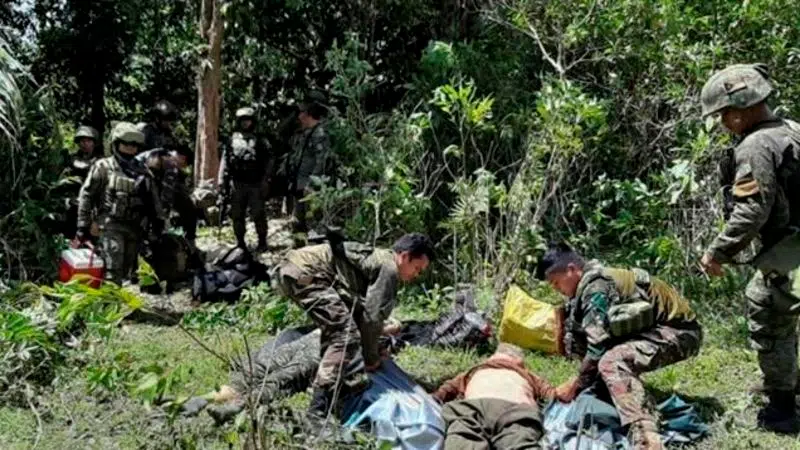
Dutch hostage held by Filipino militants killed in gunbattle
MANILA, Philippines — A long-held Dutch hostage was fatally shot by his militant captors Friday when he tried to escape during a gunbattle in the jungles of the southern Philippines, military officials said.
Ewold Horn was killed when he made a dash to freedom during a fierce firefight between the Abu Sayyaf militants and army troops in Sulu province’s mountainous Patikul town, military commander Brig. Gen. Divino Pabayo Jr. said.
At least six militants were killed and 12 others were wounded in the nearly two-hour firefight, in which eight soldiers were also wounded, the military said. Among those killed was the wife of Abu Sayyaf commander Radulan Sahiron, a militant long wanted by the United States and the Philippines for banditry and assaults.

